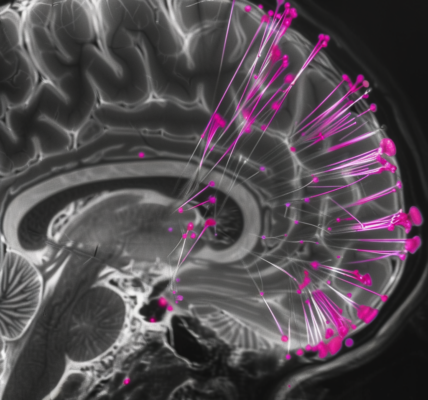Dear readers,
A recent inquiry from a 79-year-old woman regarding the treatment of carotid artery occlusion has prompted a discussion on the management of arterial blockages. The individual, who had been scheduled for a carotid endarterectomy, was advised against further surgery due to the occlusion of the artery. Seeking alternative approaches, she inquired about the potential benefits of a plant-based diet in dissipating arterial plaque and the associated risk of stroke.
Blockages in the carotid arteries are a prevalent cause of stroke, often warranting surgical intervention. However, the appropriateness of surgery is contingent on the degree of occlusion and the presence of symptoms. Notably, surgery is not recommended for a 100% occlusion. In such cases, intensive medical therapy becomes pivotal, offering the potential for gradual reduction of blockages over time.
Several key strategies form the cornerstone of medical therapy for individuals with arterial blockages. These include stringent control of blood pressure, typically aiming for levels below 120/80 mm Hg. Additionally, the use of high-dose statin medication, such as atorvastatin, is employed to achieve low-density lipoprotein (LDL) levels below 70 mg/dL. Dietary modifications, with an emphasis on plant-based nutrition, have been shown to mitigate risk, alongside regular cardiovascular and muscle-strengthening exercises. Smoking cessation, weight management, and diabetes control, if applicable, are also integral components of the comprehensive approach. Moreover, individuals with atrial fibrillation may require personalized anticoagulation or antiplatelet regimens.
It is important to highlight that these multifaceted interventions not only significantly reduce the risk of stroke and heart attack but also do not elevate the risk of embolism, wherein plaque dislodges and triggers a stroke.
Another query pertained to the timing of lisinopril intake. While the individual had shifted the administration of this medication to the evening based on an article, it is advisable to consult a healthcare professional to ensure the appropriateness of such adjustments.
As we navigate the complexities of managing arterial blockages, it is evident that a holistic approach, encompassing medical therapy, lifestyle modifications, and personalized interventions, holds promise in mitigating the risk of adverse cardiovascular events.





